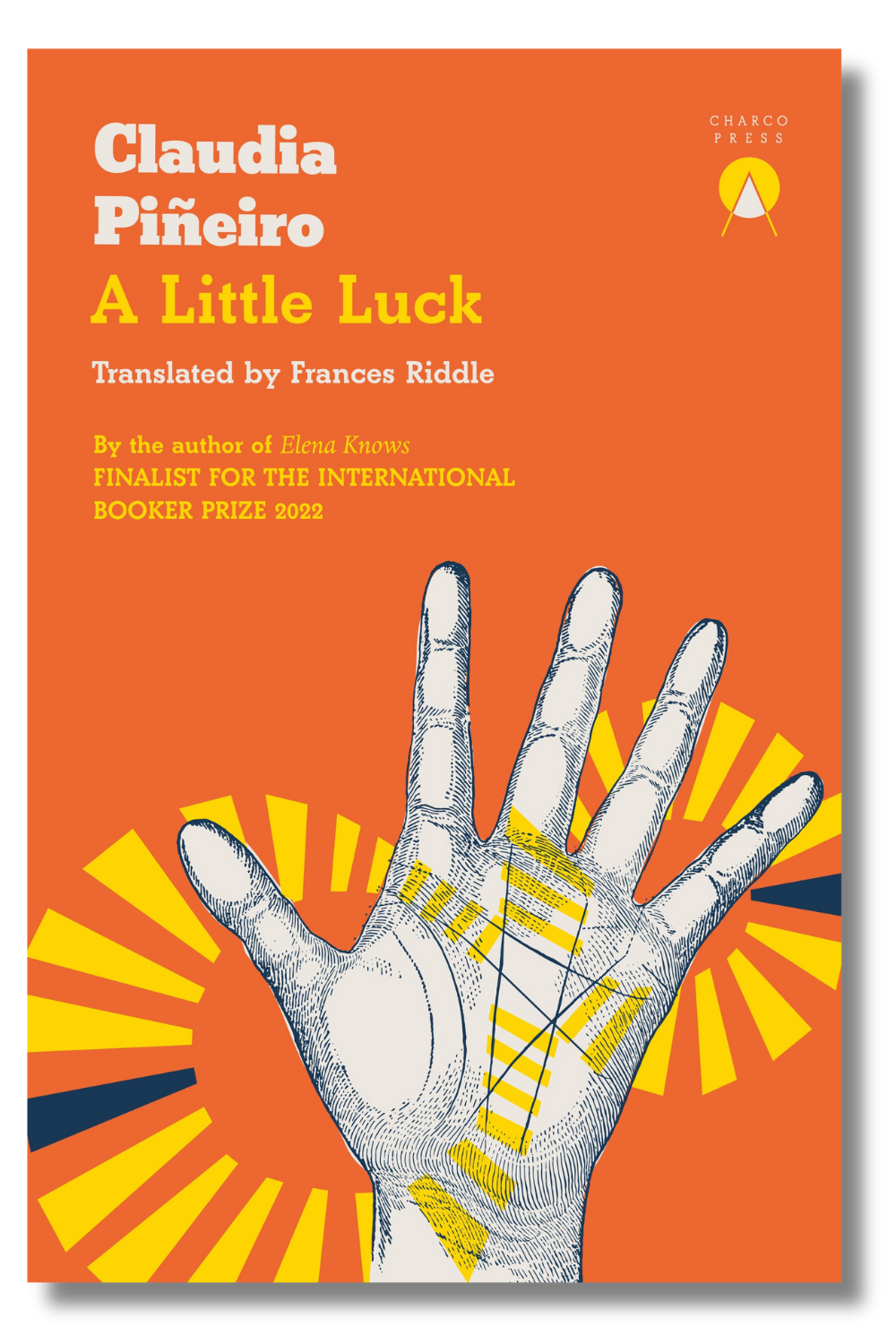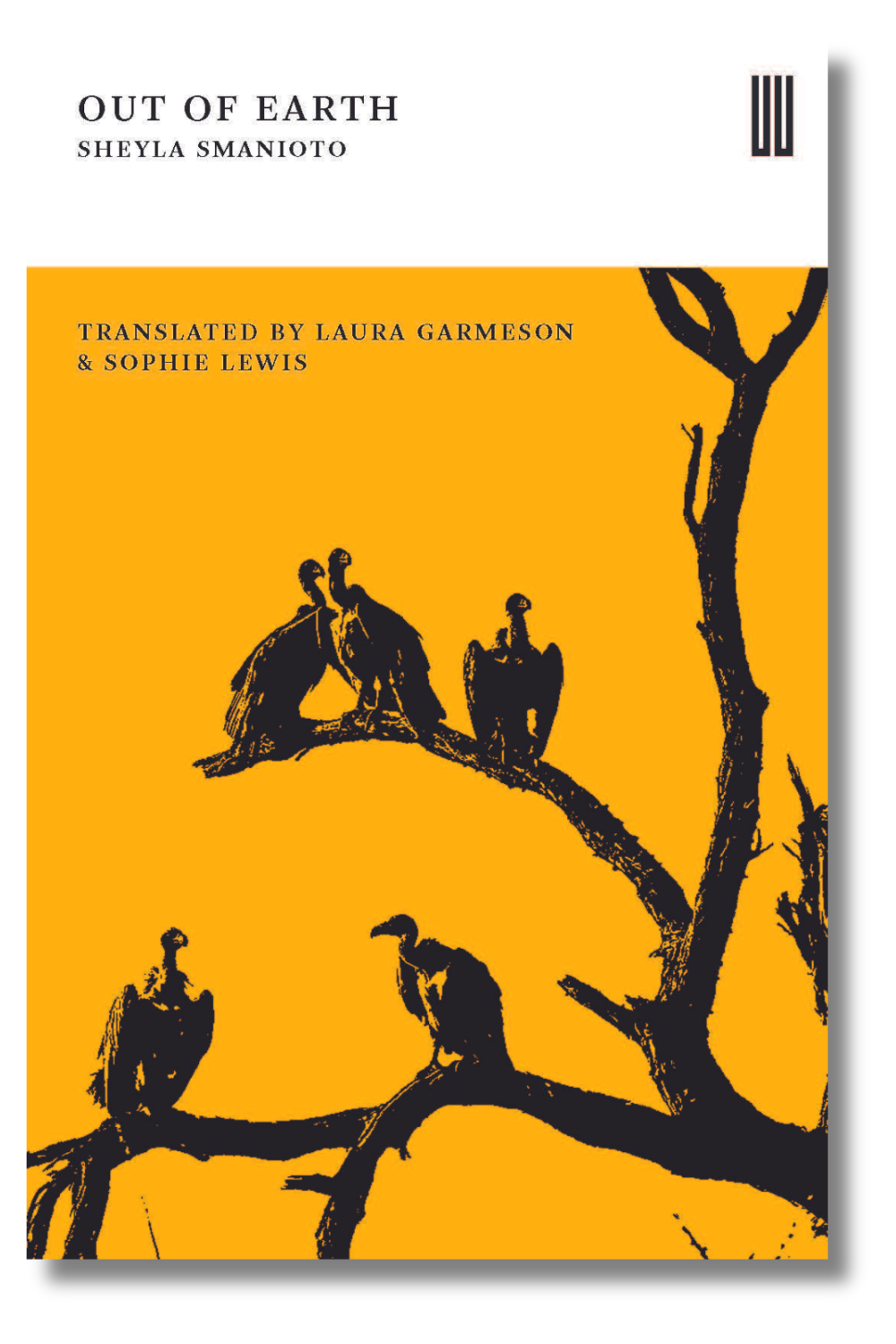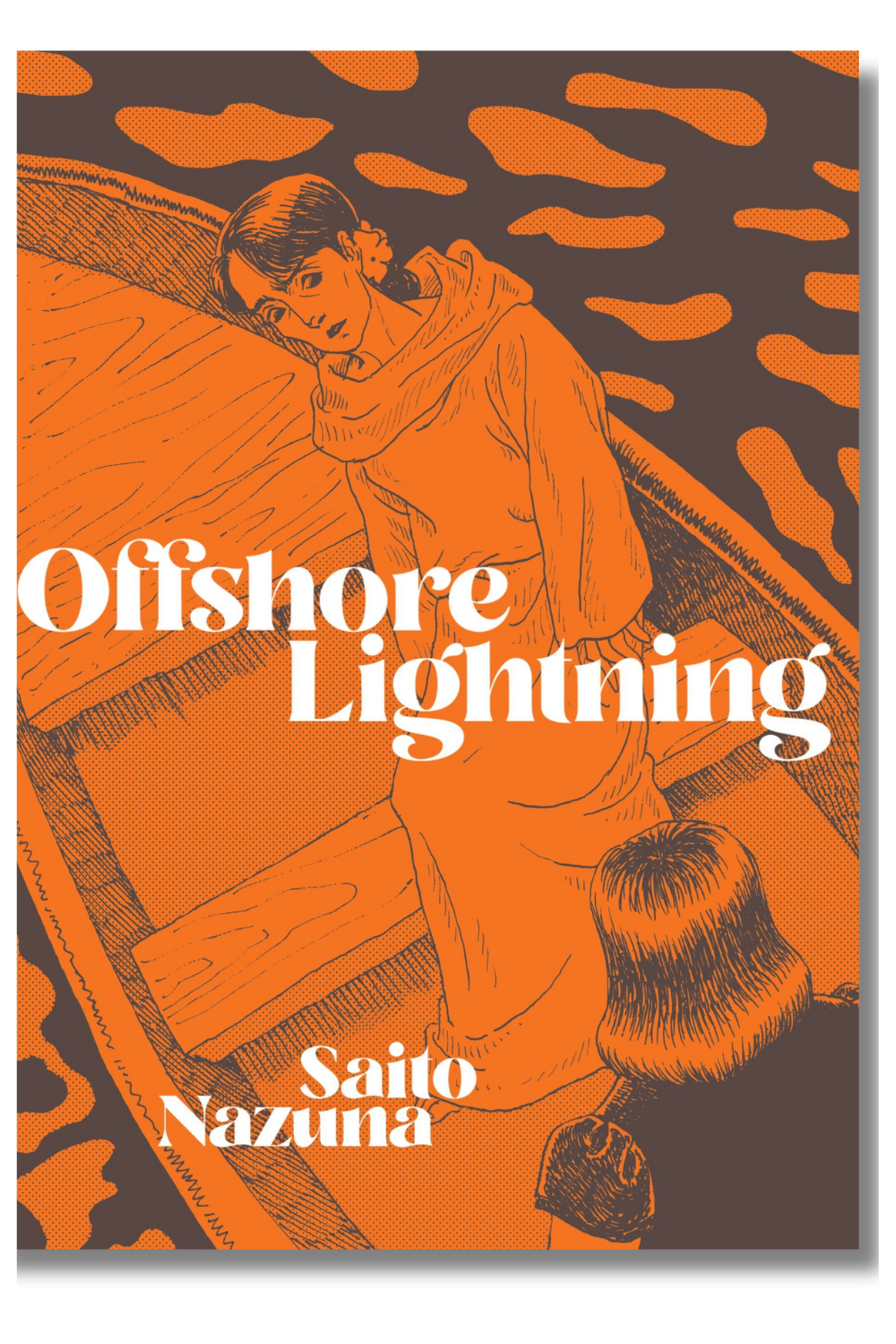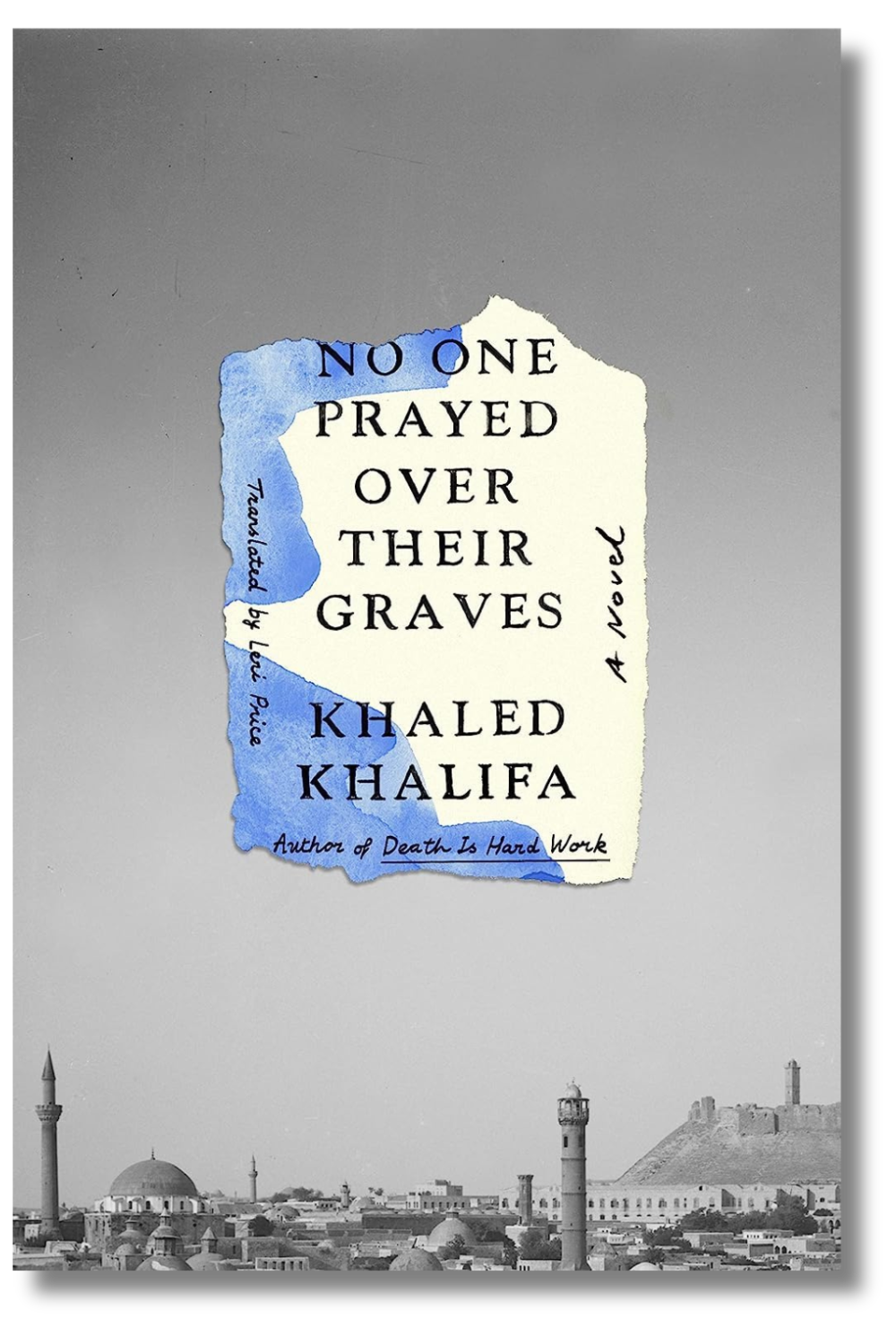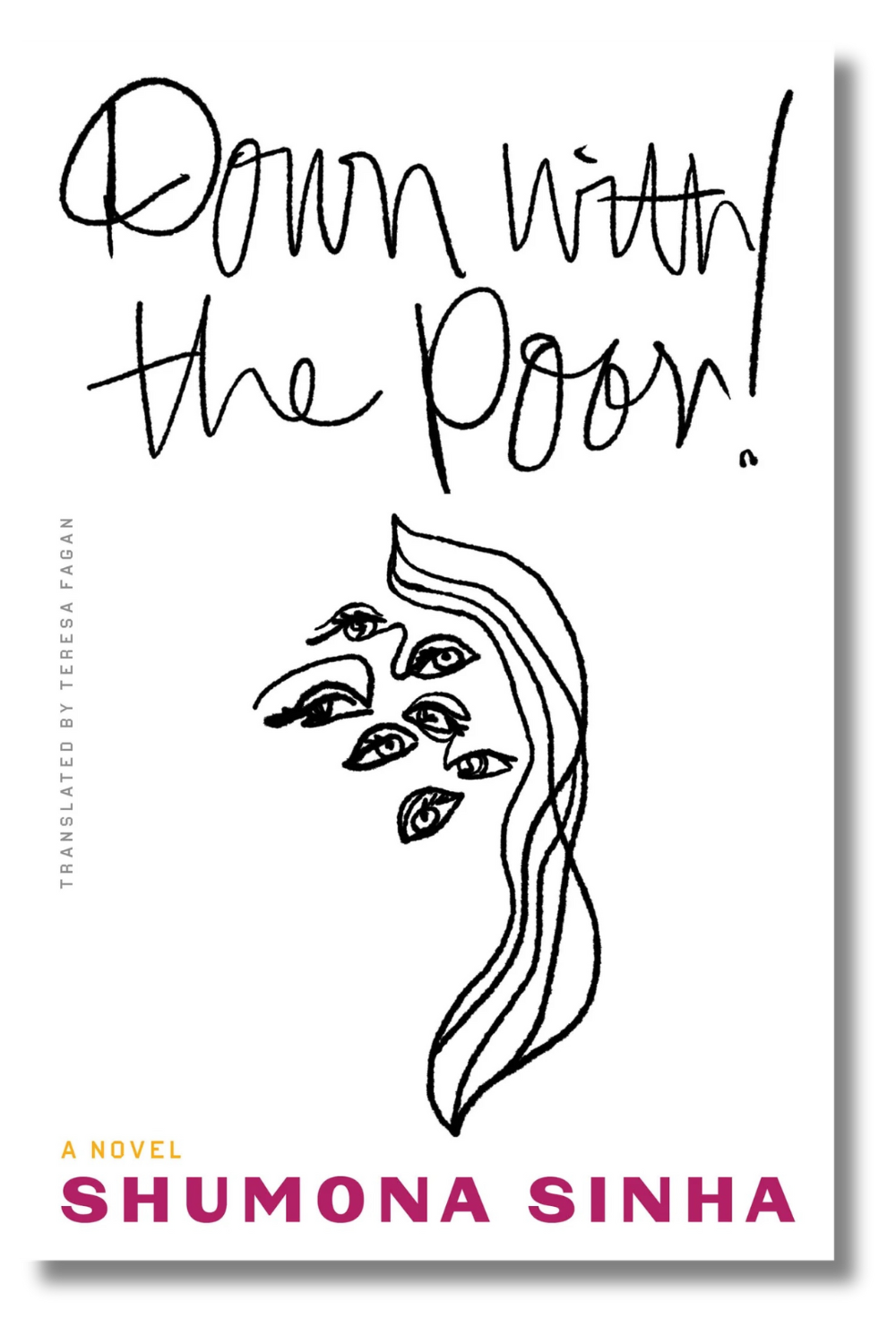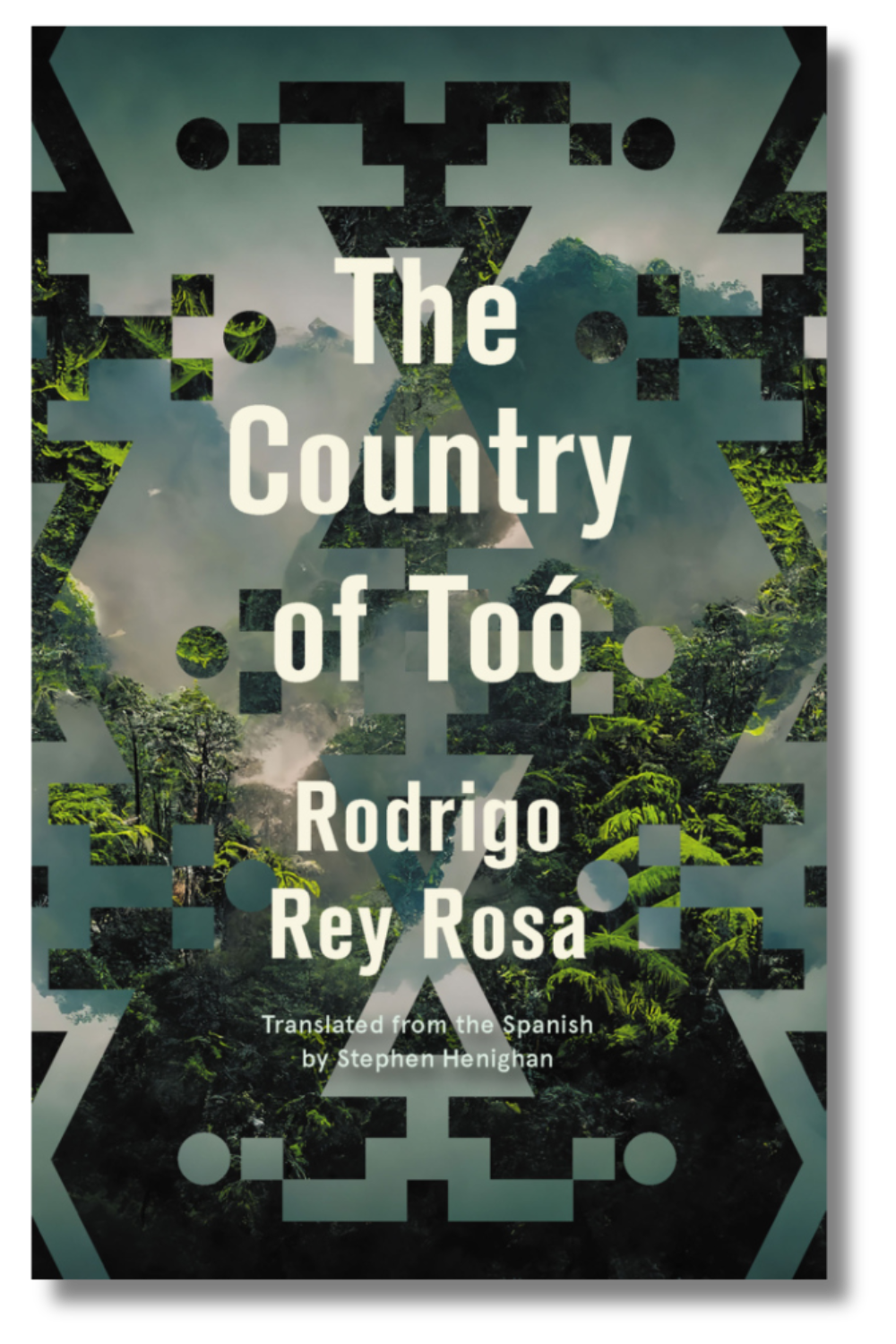From Charco Press | A Little Luck by Claudia Piñeiro, translated from the Spanish by Frances Riddle | Fiction | 208 pages | ISBN 9781913867553 | US$16.95
What the publisher says: “20 years after a shocking accident, Mary Lohan returns to the Buenos Aires suburb she escaped in a fugue of guilt and isolation. She is not the same—not her name or voice, not even the color of her eyes. The neighborhood looks different too, but she’s still the same woman and it’s still the same place, and as the past erupts into view, they slowly collide.”
What Publishers Weekly says: “Though the details around her accident and her ensuing actions are presented a bit too tidily, the revelations hit hard nonetheless, as does Piñeiro’s account of how María was treated as a monster by her community before she left. It adds up to a striking meditation on loss and the search for home.”
What I say: A precisely paced fictional examination of guilt, memory, and the passage of time. There’s a point midway through Piñeiro’s novel when the book’s structure opens up and reveals itself, both putting what’s come before in a new light and fueling momentum for the pages to come. Also, this gets extra points for referencing an Amazing Stories episode that’s been stuck in my head for thirty-odd years.
From Boiler House Press | Out of Earth by Sheyla Smanioto, translated from the Portuguese by Sophie Lewis and Laura Garmeson | Fiction | 344 pages | ISBN SKU: 9781913861131 | UK£10.00
What the publisher says: “The story follows four generations of female characters as they navigate the hardships of life in the parched landscape of the Brazilian sertão. Male figures are peripheral, but are also revealed as the origin of much of the suffering in the novel, generating for the women a kind of exile not only in relation to the land but to their sense of self.”
What I say: It might make sense to start with the sense of place that Sheyla Smanioto evokes in Out of Earth: “To put it bluntly, Vilaboinha is a good place for leaving, with its blasts of wind its horrendous blasting winds, this is a place where there’s a fresh body buried every day.” The novel encompasses generations while simultaneously feeling frozen in time—which, in its own way, speaks volumes about the circumstances in which these characters live. A haunting and unpredictable work of fiction.
From Drawn & Quarterly | Offshore Lightning by Nazuna Saito, translated from the Japanese by Alexa Frank | Comics | 384 pages | ISBN 9781770465053 | US$29.95
What the publisher says: “Nazuna Saito began making comics late. She was in her forties when she submitted a story to a major Japanese publishing house and won an award for newcomers. She continued to work through the 1990s until she stopped drawing to take care of her ailing parents. In her sixties, she took a job teaching drawing at Kyoto Seika University and became inspired by her talented students.”
What Comics Beat says: “A mature talent, Nazuna Saito produced her first manga in her forties, before life circumstances meant she had to take time away. She returned to the form in her sixties and has produced short- and longer-form works prior to a stroke. Saito’s work appears to draw on themes of aging and death with incisiveness, poignancy, and humor.”
What I say: There’s something incredibly rewarding about a collection like Offshore Lightning, which allows readers to see Nazuna Saito’s talent deepen and evolve over the course of many years. But this isn’t simply a case study in bound and printed form; instead, the stories she tells are empathic and moving looks at aging, familial bonds, and the ways that the former can wear down the latter.
From Farrar, Straus and Giroux | No One Prayed Over Their Graves by Khaled Khalifa, translated from the Arabic by Leri Price | Fiction | 416 pages | ISBN 9780374601928 | US$30.00
What the publisher says: “Khaled Khalifa weaves a sweeping tale of life and death in the hubbub of Aleppine society at the turn of the twentieth century. No One Prayed Over Their Graves is a portrait of a people on the verge of great change—from provincial villages to the burgeoning modernity of the city, where Christians, Muslims, and Jews live and work together, united in their love for Aleppo and their dreams for the future.”
What Publishers Weekly says: “National Book Award finalist Khalifa (Death Is Hard Work) returns with a lyrical if laborious story of multicultural Aleppo, Syria, that spans from the 1880s to the 1950s. . . . Though baggy, there’s beauty on each page.”
What I say: Encompassing the late nineteenth century and the first half of the twentieth, No One Prayed Over Their Graves tracks the fortunes of an interconnected group of characters in and around Aleppo. At times, Khaled Khalifa’s prose in Leri Price’s translation taps into something sprawling: “Maryam considered the dismal ending of a man and a woman who had sought immortality in a city like Aleppo, where all inanimate objects were immortal: the ancient souqs, the famous citadel, the houses built over a thousand years earlier.” But this novel is more complex than that might suggest, with a structure that incorporates letters, found documents, and nestled narratives, often to dizzying effect.
From Deep Vellum | Down with the Poor! by Shumona Sinha, translated from the French by Teresa Lavender Fagan | Fiction | 144 pages | ISBN 9781646052134 | US$16.95
What the publisher says: “Over the course of a night in police custody, a young woman tries to understand the rage that led her to assault a refugee on the Paris metro. She too is a foreigner, now earning a living as an interpreter for asylum seekers in the outskirts of the city. Down With the Poor!, which borrows its title from a poem by Baudelaire, is the story of a woman who, little by little, is contaminated by the violence of the world.”
What Aishwarya Dani at Scroll.in says: “In a short 129 pages, the reader of Down with the Poor! silently watches several such people walk several wires, as the narrator hears and interprets their tales, and as they all crumble down under the sheer helplessness that they fumble through with little recourse.”
What I say: There’s something of the “play for voices” to this narrative, which brings together an array of different storytellers amidst a sense of displacement. (What can I say; I’m the son of a Dylan Thomas enthusiast.) This is the kind of novel that has a propulsive energy to it while also rewarding the reader who lingers; subtly and subversively, Shumona Sinha’s novel reckons with some of the most pressing issues of our time.
From Biblioasis | The Country of Toó by Rodrigo Rey Rosa, translated from the Spanish by Stephen Henighan | Fiction | 308 pages | ISBN 9781771965149 | US$22.95
What the publisher says: “Following the Cobra, Polo, a faction of drug-dealing oligarchs, and Jacobo, a child caught in the crosshairs, Rey Rosa maps an extensive web of corruption upheld by decades of political oppression. A scathing indictment of exploitation in all its forms, The Country of Toó is a gripping account of what it means to consider societal change under the constant threat of violence.”
What Bill Clary at Latin American Literature Today says: “Rey Rosa’s new novel also expertly reveals the levels of deep-rooted, historic, and institutionalized corruption in this imaginary Central American republic . . . Aside from probing the complexities of activism and indigenous marginalization and their confrontation with the firmly entrenched power structures, Rey Rosa’s novel also exposes the human face of this struggle, its complexities, vicissitudes, and possibilities for realistic change.”
What I say: Rodrigo Rey Rosa’s newly translated novel is, like so much of his work, difficult to summarize succinctly. It contains elements of a skewed coming-of-age story, a thriller about political corruption, and an argument for the potential of transcendence. The Country of Toó is like little else you’ll read this year, and it’s another strong entry in its author’s impressive bibliography.
Copyright © 2023 by Tobias Carroll. All rights reserved.
Looking for more reading suggestions? Check out Tobias Carroll’s recommendations from last month.
Disclosure: Words Without Borders is an affiliate of Bookshop.org and will earn a commission if you use the links above to make a purchase.









